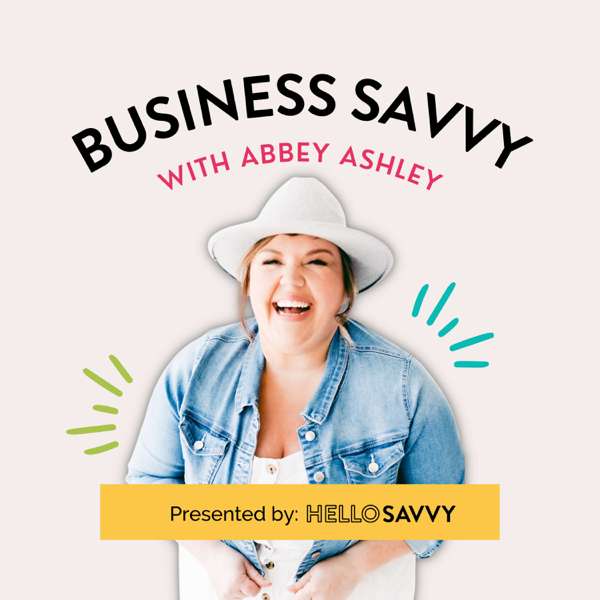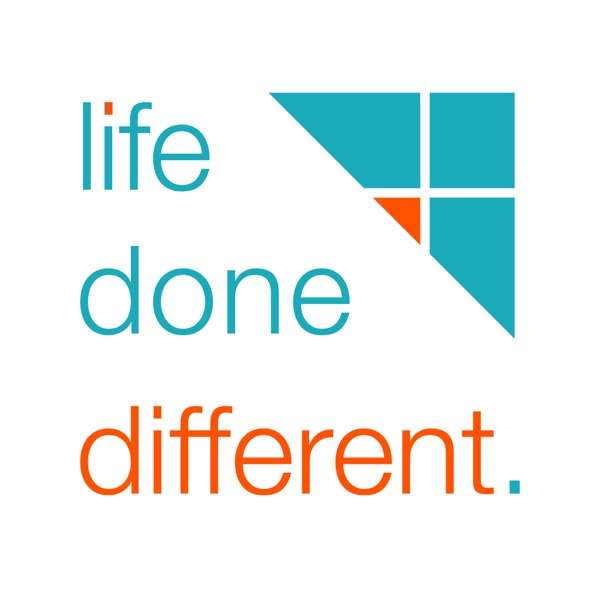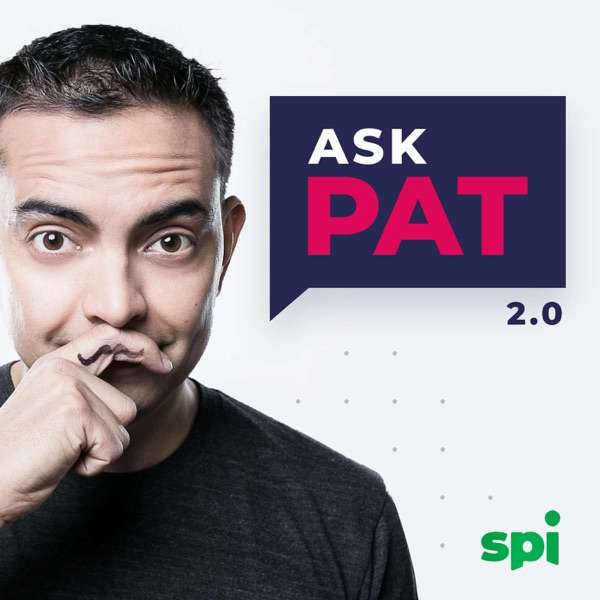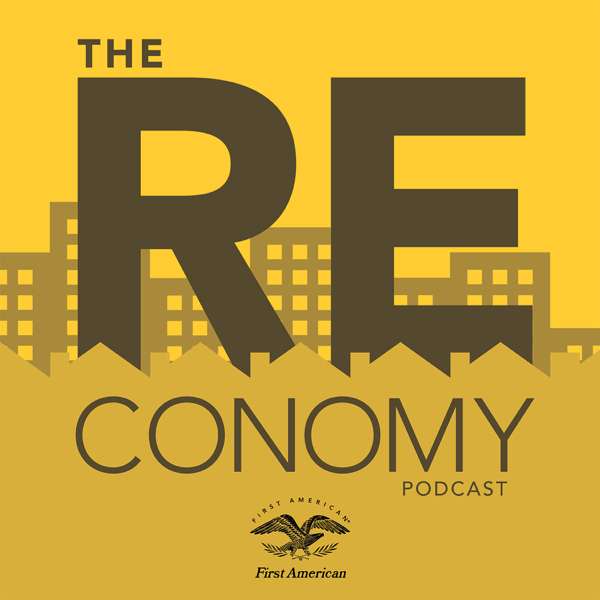In this episode of This Is Series A, Talia Goldberg and Jeremy Levine speak with Adam Dell, American venture capitalist, early investor and board member in OpenTable, and founder and CEO of Clarity Money, a personal financial management tool that helps people bring more transparency to your spending. The company was acquired by Goldman Sachs in 2018. Adam Dell is now a Partner and Head of Product at Marcus by Goldman Sachs.
Takeaways:
Why digital neo-banks are beneficial for consumers: “The internet and its reach will reduce the need for regional and local banks. The notion that you need a traditional branch to walk into is going away in the mind of the consumer. (Somebody has to pay for those marble columns and that burden has been on the consumer.) If a consumer can get a digital experience that allows them to do the things they need to do without having a physical branch, there's an enormous cost advantage.”
The future of US banking is seen in APAC: “I look to Asia as an example of what is to come in terms of personal finance trends. Ant Financial demonstrates the power of gamifying finance — Ant Financial offers rewards to its consumers for good financial behavior and also puts incentives in place to drive better habits. It’s a win-win for the company and the consumer. The most direct and important competitors in the personal finance ecosystem will not be traditional incumbent banks, but will be the Googles, the Apples, the Amazons of the world.”
Financing advice from someone who’s been on both sides of the cap table: “I raised money from people who knew me well and who were essentially making a bet on two things, the market and me. Many venture investors distill their investment thesis to those two things. Is this the right individual and is this the right opportunity within the market? I had some advantages there because the folks who backed me, again, as I said, have known me for a long time and have seen how I operate and how I try to tackle problems. The other thing I would say is that momentum is a very powerful thing when you're raising money. There's a fear of missing out on the next big thing and entrepreneurs can leverage that. The other thing is that I priced the Series A in a very reasonable way. (We raised three million at nine-pre.) It was a very modest, appropriate size of capital for the problem I was trying to solve in the first stages of the business."
Advice on how to bring others along your entrepreneurial journey: “It’s important to not be greedy with equity with your fellow teammates in this endeavor. I was very fortunate to find a VP of engineering, a head of data science, a head of data engineering, a head of mobile engineering. And I was generous with them from an equity standpoint because I knew that I needed them. One of the things that I fully believe is that spreading the equity-wealth gets people to feel as though this is part of their journey as well. And this is not a job, this is a mission. If they feel like an owner, they will give you more than you would get if they are just a salaried employee.”

 Our TOPPODCAST Picks
Our TOPPODCAST Picks  Stay Connected
Stay Connected







